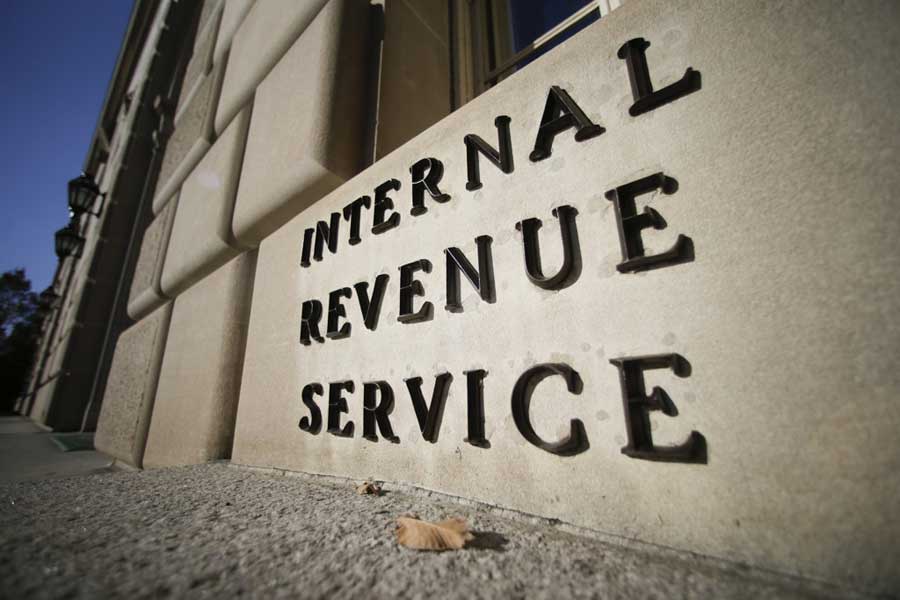An office at the Internal Revenue Service (IRS) that oversees paid tax return preparers has established processes and procedures to ensure that these preparers meet the requirements to obtain and renew a Preparer Tax Identification Number (PTIN), however, the IRS does not revoke PTINs from tax return preparers who are not compliant with their tax filing and payment obligations.
That is a key finding from a new audit report by the Treasury Inspector General for Tax Administration (TIGTA). The audit was initiated to evaluate the effectiveness of the IRS’s processes to ensure that paid tax return preparers meet the requirements to obtain and renew a PTIN and that preparers participating in the IRS’s voluntary Annual Filing Season Program met the program’s requirements.
Effective September 2010, the IRS issued regulations requiring preparers to register for a PTIN to be used to sign all tax returns prepared. This number allows the IRS to administer its preparer program and match preparers to the tax returns they submit to the IRS. As of April 1, 2015, more than 696,000 individuals were assigned an active PTIN for Calendar Year 2015.
TIGTA’s review identified that the Return Preparer Office (RPO) has established processes and procedures to ensure that individuals assigned a PTIN were at least 18 years of age, were not using identifying information associated with a deceased individual, and correctly reported professional credentials. In addition, the RPO ensured that individuals participating in the new Annual Filing Season Program met educational requirements and consented to be subject to the duties and restrictions of practicing before the IRS under Treasury Department Circular 230. This voluntary program was initiated in an effort to ensure that unlicensed tax return preparers have a basic competency level and adhere to professional standards.
However in January 2015, the RPO identified 19,496 preparers with PTINs who were potentially noncompliant with their tax filing and payment obligations. These preparers had over $367 million in tax due as of January 26, 2015. In addition, the RPO identified 3,055 preparers who failed to file required tax returns for one or more tax years and eight tax return preparers who failed to file required tax returns for five years.
TIGTA’s review of PTIN holders as of September 30, 2014, identified 3,001 preparers who self-reported a felony conviction on their application; 87 reported a crime related to Federal tax matters. Lastly, processes do not ensure that PTINs assigned to prisoners or individuals barred from preparing tax returns are revoked. Specifically, the RPO did not revoke the PTINs assigned to 65 of 445 confirmed prisoners and 15 of 87 individuals who the IRS identified as barred from preparing tax returns.
TIGTA recommended that the IRS 1) complete tax compliance checks by timely issuing inquiry letters to preparers after identifying noncompliance with Federal tax laws and take appropriate actions to revoke PTINs when warranted, 2) assess all self-reported felony convictions and revoke PTINs when warranted, 3) ensure that review processes are followed to revoke PTINs for incarcerated and enjoined tax return preparers, and 4) complete the prisoner check quarterly and revoke prisoners’ PTINs as warranted.
The IRS agreed with three recommendations and partially agreed with another. In response to the second recommendation, the IRS stated that it plans to continue assessing self-reported felony convictions of enrolled agents and Annual Filing Season Program applicants. TIGTA believes that the IRS should assess the self-reported felony convictions of all tax return preparers who disclose this information on their PTIN applications and revoke PTINs when warranted.
Thanks for reading CPA Practice Advisor!
Subscribe Already registered? Log In
Need more information? Read the FAQs




